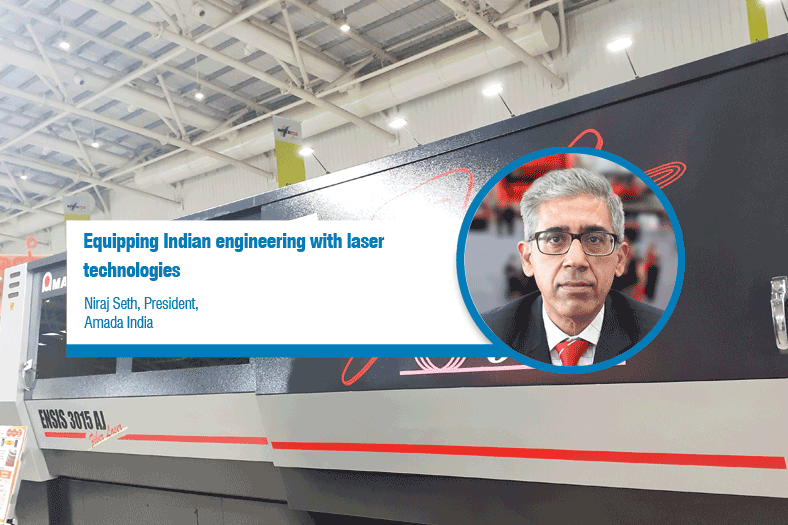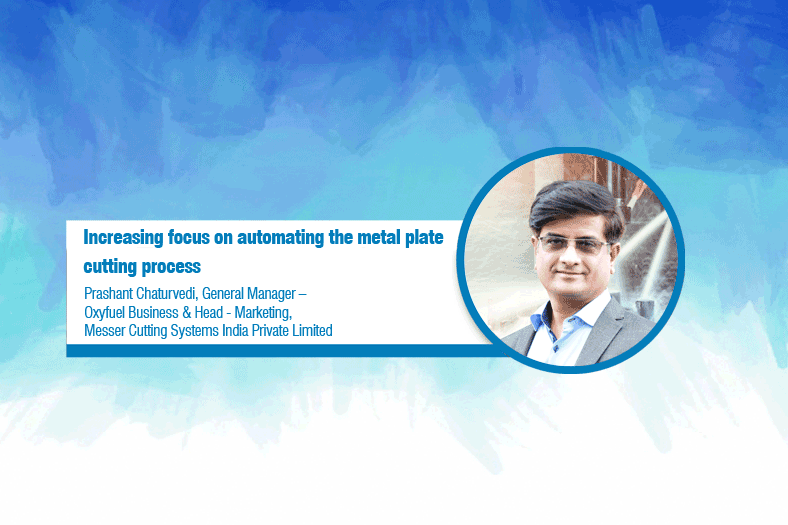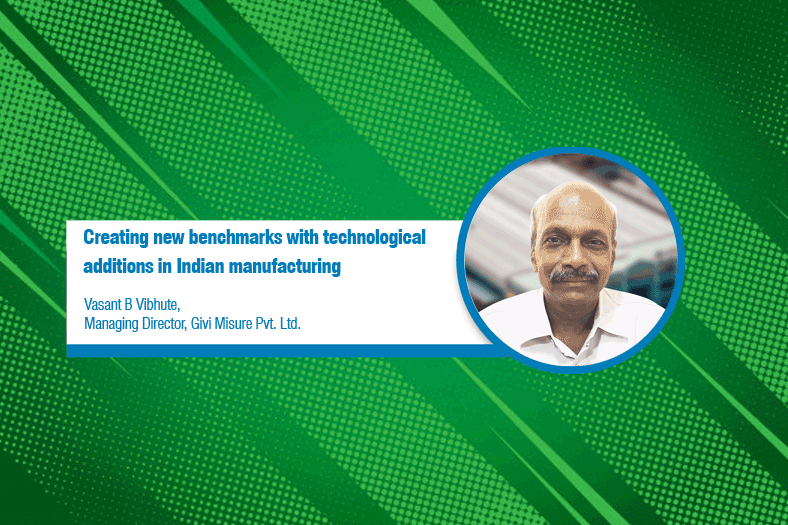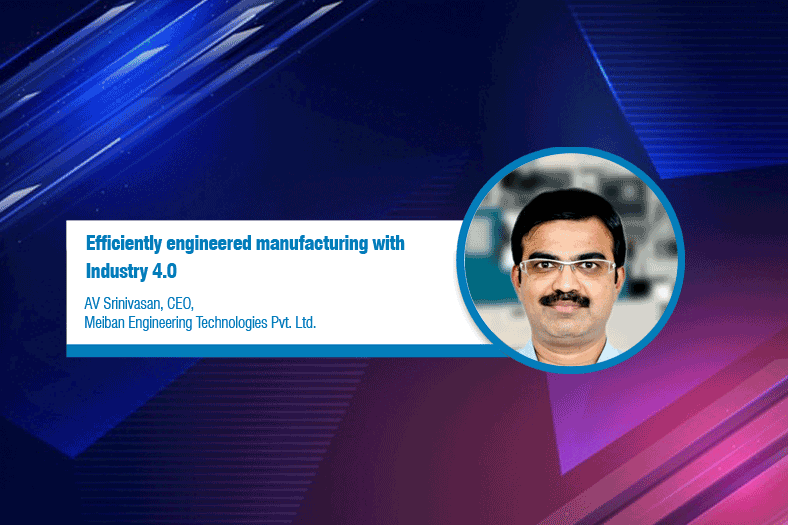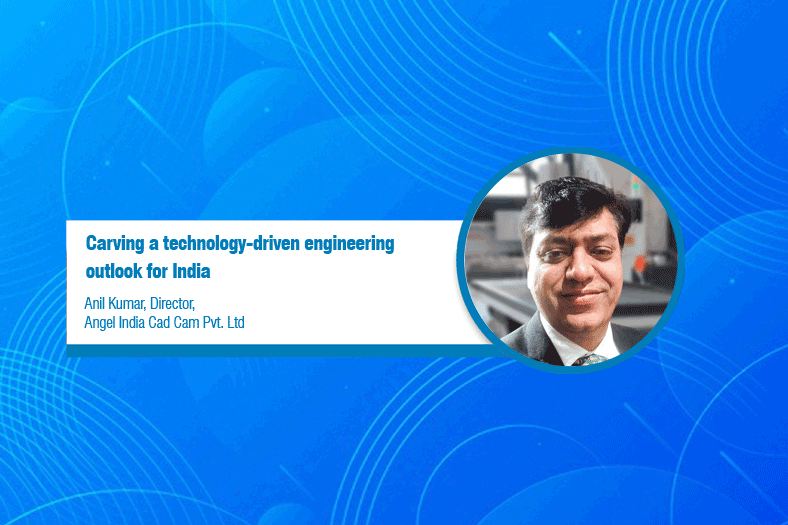Laser technologies to boost Indian engineering
By OEM Update Editorial March 7, 2020 10:24 am IST
Challenges create demand, and with the current trends in the demand side, I feel that the Indian industry is capable to meet the demands and take the industry to the next level.
Niraj Seth, President, Amada (India) Private Limited, in an interaction with Megha Iyer of OEM Update, talks about technologies like fibre laser cutting that are upgrading the manufacturing level whilst creating more opportunities to boost the metal fabrication industry.
Kindly walk us through your key product profile.
Our top-end model is ENSIS series and we displayed ENSIS 9KW at IMTEX 2020. ENSIS basically means sword. Maintaining our technological superiority, ENSIS is the first of its kind to have beam control as well as beam collimation. So, even with a 3 kW capacity, you can cut 25-millimetre mild steel, which normally would require a capacity of 6-8 kW to cut. With ENSIS 9KW, piercing is extremely fast. On a 25mm mild steel, it takes 1 second to pierce as against at 20-22 seconds on conventional fibre cutting machines.
Laser technologies are being increasingly implemented by the industry. How do you view the market demand for laser technology?
Fibre laser technology is going to the next level now. Fibre laser technology was invented around 10 years ago, but the application gained traction in recent years. Today, it is one of the major drivers of the sheet metal fabrication industry. So, for manufacturers, affordability towards high-end machines isn’t a big deal as they still apply fibre laser technology for sheet metal fabrication.
Welding is basically the second last process for sheet metal fabrication, and metal cutting and welding are co-related processes. So, increase in welding jobs will further increase the utilisation of sheet metal cutting machines. Moreover, this announcement will boost the demand in the sheet metal industry equally. However, the industry can gain momentum only when the infrastructural segment like road construction, mining, railways, and airports, among others, requires sheet metal. So, if you are investing in welding, it’s imperative to boost investments in metal cutting and forming also.
What do you think are the potential challenges being faced by the sheet metal fabrication industry to develop further in India?
The sheet metal fabrication industry per se doesn’t have any major challenges because India already has access to the technologies that are widely used by the global industries. To be more precise, challenges create demand, and with the current trends in the demand side, I feel that the Indian industry is capable to meet the demands. Moreover, they are ready to contribute to the government’s Make in India initiative. Another challenge is the pricing factor for manufacturers. But it also motivates us to become smarter and produces value-for-money products for our consumers. Our latest machine LCG3015AJII is a medium-cost machine that is excellent for start-ups and therefore suitable for people who want more value for money.
What are your plans and projections for next year?
My growth projections depend on the industry, as last year saw low growth for many manufacturers. However, Amada has been growing at 15-20 percent year on year. So it has been a good time for us and we hope to move forward with the same momentum. In the coming months, we are going to launch a new technology for laser cutting, which is called VENTIS. That’s another step ahead of what fibre technology is now. We have also launched an IoT-enabled process software that will help you to connect your ERP to the machines, so that the entire process on the shop floor is controlled by software. These are the two new technologies coming up.
Niraj Seth, President, Amada (India) Private Limited
Cookie Consent
We use cookies to personalize your experience. By continuing to visit this website you agree to our Terms & Conditions, Privacy Policy and Cookie Policy.



